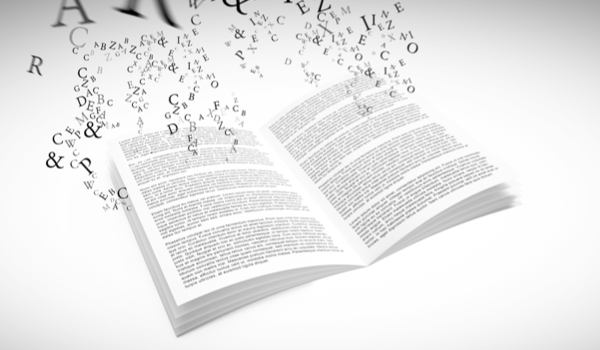


BENGALURU, INDIA - The music industry has always been an important part of the technological innovation curve, and it has undergone numerous disruptions - from the introduction of vinyl records in the early 20th century to the advent of digital streaming services in the 21st. Artificial intelligence (AI)-generated music has become mainstream, and its multifaceted use is sweeping the music sector.
AI-based music tools make it easier for artists to build base melodies, write new songs, and even build fully composed, AI-generated tracks. AI is thus upending the global music scene by scanning reams of musical data and creating complex musical compositions. Popular platforms like Spotify have also developed robust recommendation algorithms to guarantee listeners seamless and enjoyable experiences.
AI is also extensively used for music production and promotion in the commercial market. Jukebox - a model that uses neural networks to generate music while considering artist and genre - is a good example of a product that generates musical content with AI. Google AI has also released Magenta and Nsynth - both products designed to make it easier for artists and composers to create AI-enhanced music.
Spotify - AI leader for a decade
Before developing DJ, Spotify used AI and machine learning (ML) to analyze consumer listening behavior and recognize specific patterns with pinpoint precision. This is seen in Spotify’s personalized recommendations, which are present for each user on a home screen. More specifically, Spotify uses reinforcement learning, which evaluates bo
The content herein is subject to copyright by The Yuan. All rights reserved. The content of the services is owned or licensed to The Yuan. Such content from The Yuan may be shared and reprinted but must clearly identify The Yuan as its original source. Content from a third-party copyright holder identified in the copyright notice contained in such third party’s content appearing in The Yuan must likewise be clearly labeled as such. Continue with Linkedin
Continue with Linkedin
 Continue with Google
Continue with Google









 1991 views
1991 views








